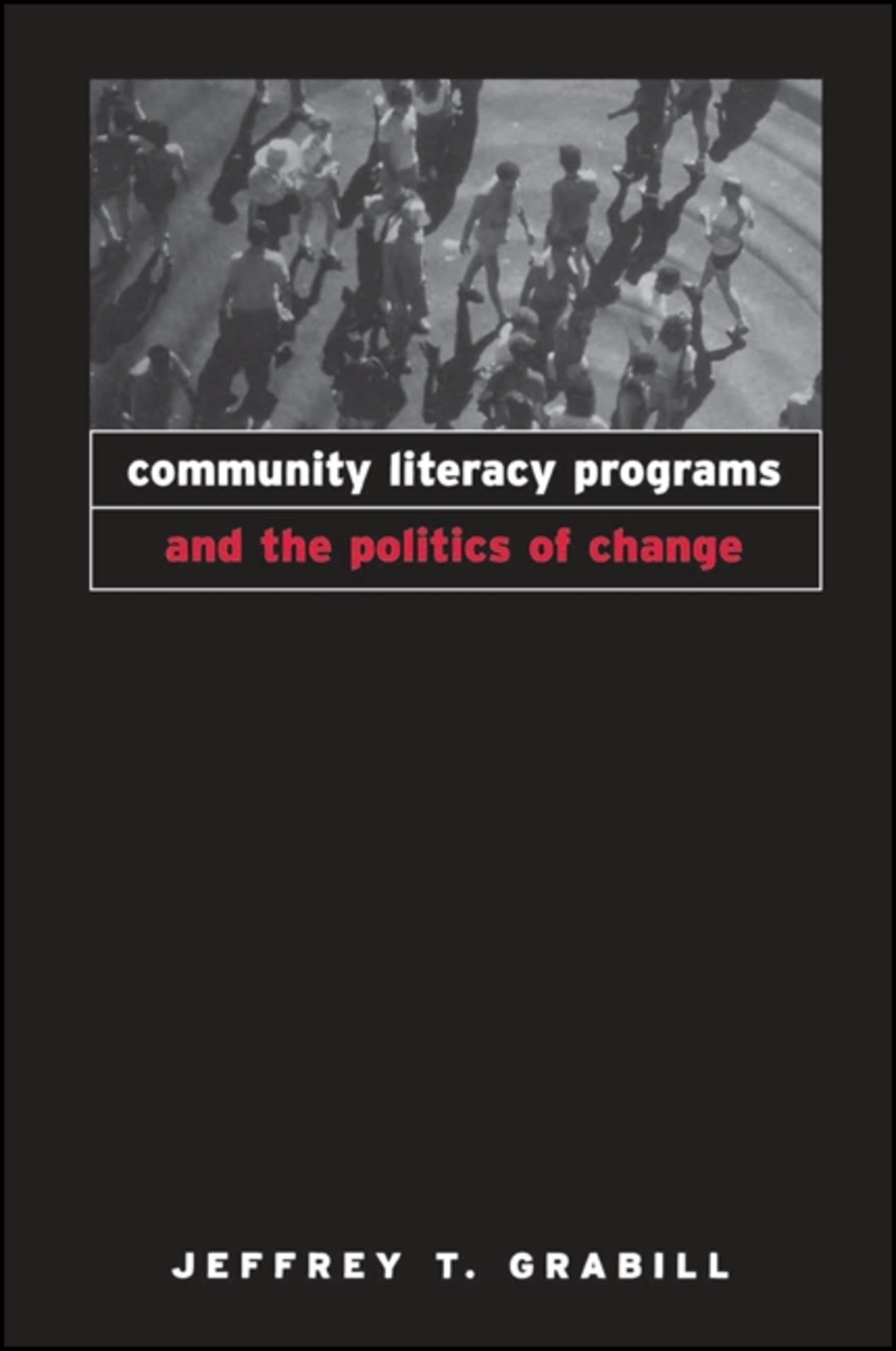We're sorry. An error has occurred
Please cancel or retry.
Community Literacy Programs and the Politics of Change

Some error occured while loading the Quick View. Please close the Quick View and try reloading the page.
Couldn't load pickup availability
- Format:
-
30 August 2001

An examination of community literacy programs—with an eye toward radical change.
Community Literacy Programs and the Politics of Change argues that the meaning and value of literacy is a function of specific local institutions. At the core of the book is an examination of one institution, Western District Adult Basic Education. Grabill moves between the case of Western District and literacy theory from disciplines like rhetoric, composition, education, sociology, and professional and technical writing in order to develop a theory of institutions and institutional change. The book enables researchers and teachers to locate spaces where change is possible within institutional systems and then work in those spaces to change the meaning and value of literacy.


"This book does a wonderful job of bringing together an astounding number of provocative ideas in a way that links theory and practice. Grabill's viewpoint—that institutions that affect community literacy programs can be redesigned in a participatory fashion that both empower the users of those programs and improve the institutions attempting to meet users' needs—is brilliant. I haven't seen this idea anywhere in my literacy reading, and yet I am convinced that Grabill is right." — Mary Sue Garay, coeditor of Expanding Literacies: English Teaching and the New Workplace
"…this book is extremely useful for teachers and researchers because it problematizes literacy theories and then offers clear steps toward solutions." — Anthropology & Education Quarterly
Figures and Tables
Preface
Acknowledgments
1. Disciplinary Gaps, Institutional Power, and Western District Adult Basic Education
2. Locating the Meaning and Value of Literacy
3. Exercising Power: Who Decides Which Literacies Count
4. Utopic Visions, The Technopoor, and Public Access to Networked Writing Technologies: Community Literacy Programs as On-Ramps
5. Community and Community Literacies
6. Participatory Institutional Design
7. Next Steps: Tactics for Change
Notes
References
Index



